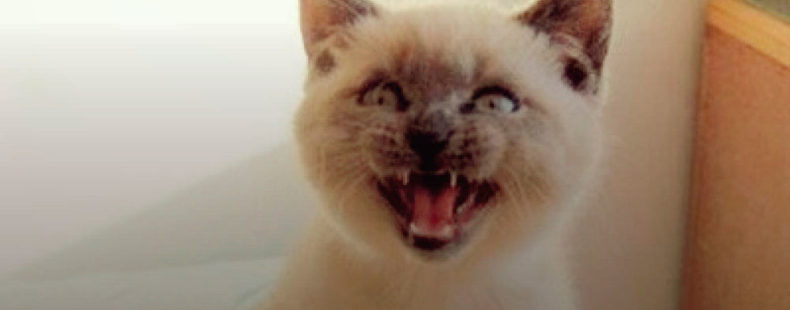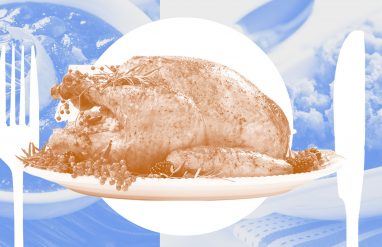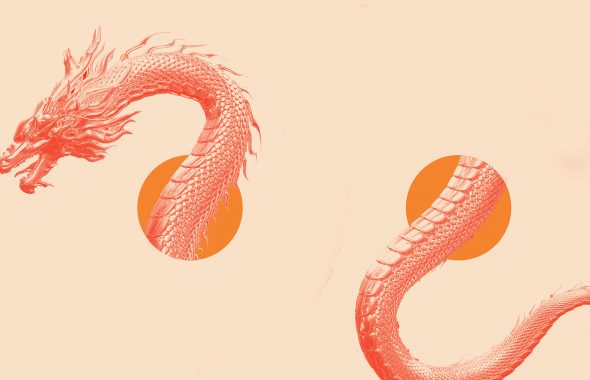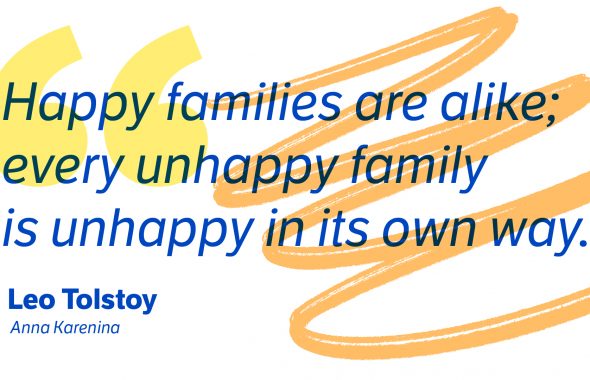Catty
It seems horribly unfair to adorable cats that catty is a human descriptor meaning “devious or spiteful” (and usually in reference to female behavior). What gives?
The word cat has been around since the year 700. But then, in the Middle Ages, cat became one of the many offensive terms against women and was slang for “prostitute.” The association might have been made because prostitutes, like cats, roamed the streets and alleyways. Maybe the prostitutes had “cat fights” behind the dumpster, but the ladies wouldn’t have been described as catty until much later.
In 1886, the word catty pounced on the scene with the same meaning it carries today. Maybe cat’s negative metaphorical meanings from centuries past were part of the mentality surrounding its usage at the time. (Also, Victorians didn’t really like cats for a while. They viewed kitties as scruffy, devious street animals.)













